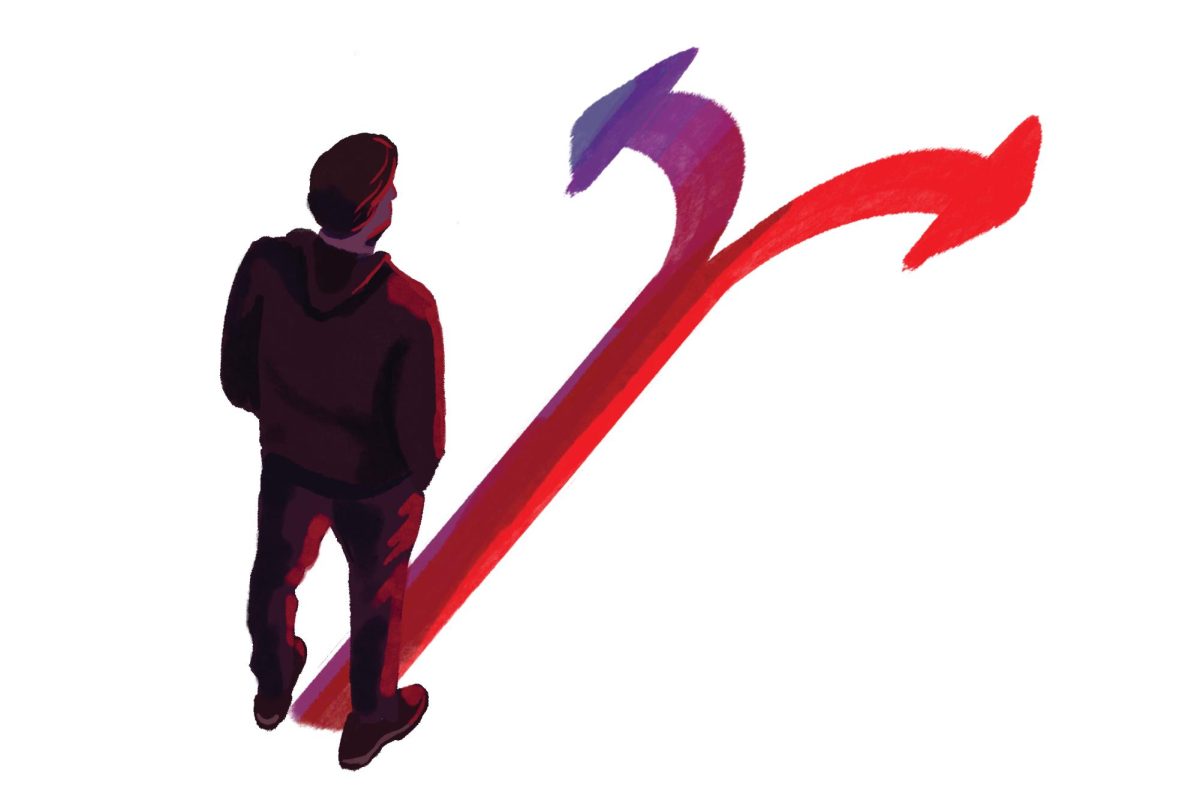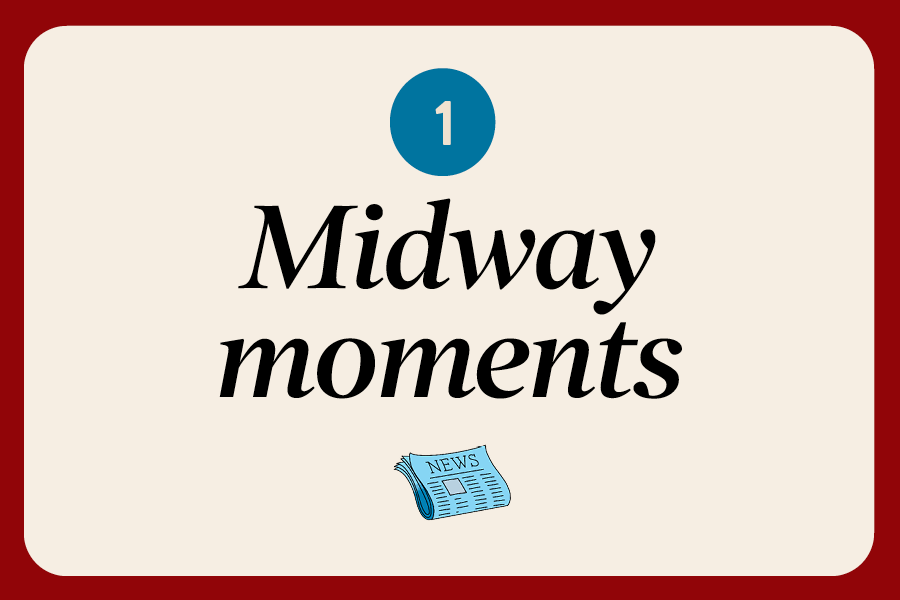A national survey of young voters shows that young men are turning away from the left-leaning ideals they once celebrated and toward an image of masculinity that is more rugged and unapologetic — and one that strongly resembles a man’s traditional role in society.
The Harvard Youth Poll, the nation’s most comprehensive look at young Americans’ political opinions and voting trends, shows that 26% of men ages 18-24 say they identify as conservative, while another poll from earlier this year shows women aged 18-30 are now 30% more liberal than men of the same age.
These young men are rejecting an image that no longer aligns with their visions of themselves: for example, the derogatory “dyed hair and pronouns” label that originated on social media platforms, namely TikTok. In the new world of intense political polarization, this image, rather than indicating sophistication or nuanced political views, can suggest weakness or an apologetic, self-loathing stance toward maleness.
Junior Cruise Lickerman said that, confronted with this image, young men recoil, say “not I,” and run the opposite way — and that it’s more about an image they want versus one they reject than it is about their political beliefs.
“They don’t want to be associated with that,” Cruise said in reference to this image of a male liberal. “So, they adopt the conservative views of, like, a buff Floridian man wearing a tight muscle T-shirt with six guns in his Ford F150 Raptor, you know, and he’s going hunting later, and that’s what they want to associate with. So, they associate with those political views as well.”
Cruise described himself as a “left-leaning centrist,” which, to him, means that he believes in many liberal policies, but “not to the extent that the radical left would.” According to him, very few male students at U-High would say they’re more conservative than that for fear of judgment or backlash from their peers.
“It would ruin your reputation in the school,” Cruise said.
Young men are also frequently exposed to the image of the confident conservative man, an image perpetuated by social media sites often targeting people even younger than those at U-High. Junior Grover Henderson believes platforms such as YouTube, Instagram and TikTok provide fitting explanations for the origin of young men’s political beliefs.
“If you go on Instagram or other social media, like, a lot of popular people agree with conservative views. Like Nelk, for example,” Grover said, referring to the right-wing YouTube prankster channel. “In my opinion, that kind of leads the youth stance, especially because there are a lot of conservative athletes and stuff like that.”
For these young men, it is not the political policies that appeal to them but the perception of power, confidence and a clear identity.






















































